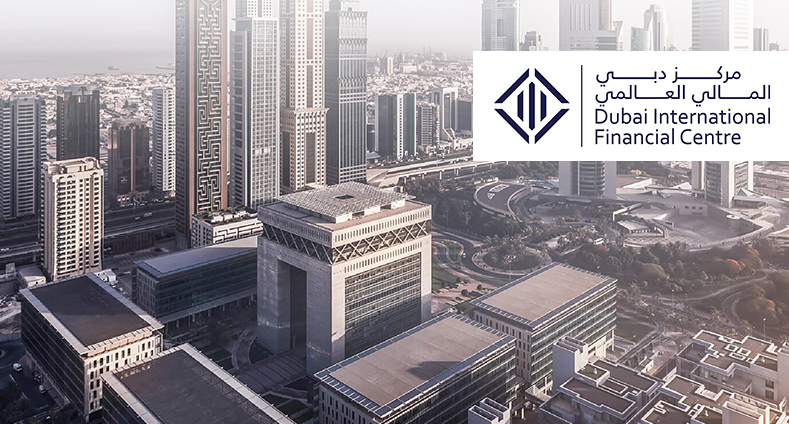Dubai International Financial Centre (DIFC)
The Dubai International Financial Centre (DIFC) was established in 2004 in the Emirate of Dubai. The DIFC was the first UAE free zone to be designated as a Financial Free Zone. DIFC is considered a global financial hub at the crossroads between the leading financial centers of London, New York, Hong Kong and Tokyo.
DIFC is playing a very important role in keeping up with the growing financial demand of the region and meeting with the international standards. Since being established in 2004, the DIFC has seen its number of foreign investors increase rapidly. DIFC is an English language, common law jurisdiction, separate from onshore civil law, Arabic language system of the UAE.
Company Formation Types
Under the Companies Law, a prospective registrant may seek to establish:
- A Company Limited by Shares (LTD). A minimum of one shareholder is required.
- A Limited Liability Company (LLC). A minimum of one member is required.
- A branch office of a pre-existing foreign company (Recognised Company).
- A party may also seek to transfer the incorporation of an existing company to the DIFC from another jurisdiction (Continued Company).
Under the Limited Liability Partnership Law a prospective registrant may seek to establish:
- A Limited Liability Partnership (LLP), established by two or more persons
- A Branch of a pre-existing foreign Limited Liability Partnership (RLLP).
Under the General Partnership Law, a prospective registrant may seek to establish:
- A General Partnership (GP) formed by two or more persons.
- A Branch of a pre-existing foreign general partnership (RP).
Under the Limited Partnership Law, a prospective registrant may seek to establish:
- A Limited Partnership (LP) is formed by two or more persons and must include at least one general partner
- A Branch of pre-existing limited partnership (RLP).
- A party may also seek to transfer the existing limited partnership into DIFC from another jurisdiction (Continued Limited Partnership/Foreign Limited Partnership).
Regulated Financial Activities that may be carried out within the DIFC
- Accepting deposits
- Providing Credit
- Dealing in Investments as Principal
- Dealing in Investments as Agent
- Arranging credit or deals in Investments
- Managing Assets
- Advising on Financial Products
- Operating a Collective Investment Scheme Providing custody
- Arranging Custody
- Effecting Contracts of Insurance
- Carrying out Contracts of Insurance
- Insurance Broking
- Insurance Management
- Providing money services
- Managing profit sharing investments
Non-Regulated Entities
Non-regulated activities are available to entities and individuals looking to establish operations in DIFC and are not subject to regulation by the Dubai Financial Services Authority. Those entities are not engaged in carrying out any financial services.
Examples of such entities include consultancy services, service providers such as recruitment agencies, restaurants, coffee shops and bars.
Corporate Features
Company Types
DIFC Free Zone
Licensing Authority
Dubai International Financial Centre Authority
Legislation
DIFC Laws and Regulations. Independent, Common Law jurisdiction
Confidentiality
Complete Confidentiality
Accounts and Audits
Audited Accounts are required
Minimum Share Capital
Depending on the business activity
Taxation
No taxes
Currency
UAE Dirham
Time to Form
10 working days (non-regulated only)
Issuance of Visa
10 working days
Foreign Ownership
100%
Capital Repatriation
100%
Minimum Number of Directors
Minimum of One Director
Registered Office
A DIFC company must at all times have a registered office in the DIFC


